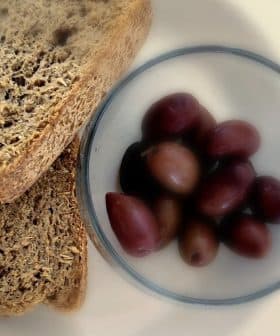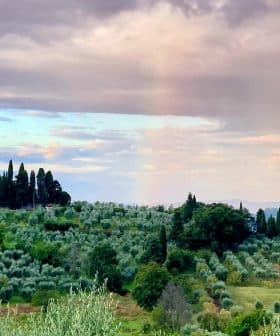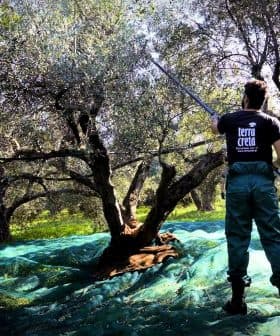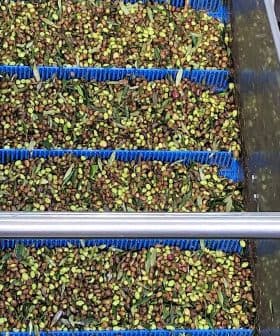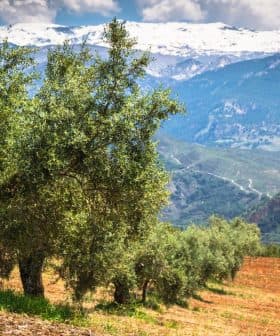Kalamata Olives to be Added to Greek National List of Plant Varieties
Officials in Greece want to commercialize the Kalamata name to enhance trade prospects.
The Greek Minister of Rural Development and Food announced that the Kalamata cultivar of table olives will be added to the national list of plant varieties in order to create a new commercial variety of olives, separate from the Kalamata olives PDO. This decision aims to strengthen the quality standards of Kalamata olives PDO while allowing the Kalamata cultivar to be freely traded in European and international markets, despite facing criticism from local producers in Messinia.
During a convention held in Patras earlier this month the Greek Minister of Rural Development and Food, Vangelis Apostolou, announced that the Kalamata cultivar of table olives would make its way to the national list of plant varieties of Greece. The aim is to enable the co-existence of two distinct products — Kalamata Olives and Kalamata Olives PDO — providing a solution for producers that exist outside the Messinia region.
We want to strengthen ‘Kalamata olives PDO’ by elevating its quality standards and at the same time enable the Kalamata cultivar to be freely traded in the European and international markets.
Currently, the Kalamata olives variety carries a Protected Designation of Origin (PDO) tag, used to communicate its quality to consumers in the European Union and beyond. A PDO is ascribed after a lengthy and strenuous process where technical requirements must be met.
PDO labels are, however, by default geographically bounded to refer to products made only in specific areas of European Union country members. In the case of Kalamata olives, the label is used specifically for olive fruits produced in the region of Messinia in the southwest of the country, causing producers in other areas to complain about the undermining of their olives which are also of the same variety.
Now, the minister has stepped in to address the issue by pledging to add the Kalamata olives cultivar (sometimes marketed as Kalamon olives) to the national list of plant varieties, creating a new commercial variety of table olives.
Apostolou explained that the intention of the Ministry is to promote both products and gain even larger market shares. “Greece ranks second in the world when it comes to table olives exports,” he said. “The value of exports exceeds €300 million ($366 million) and most of it comes from Kalamata olives of which 80 percent of the entire production, around 40,000 tons, is exported.”
“A total of 21 companies have been certified in the processing and packaging of PDO Kalamata olives and quantities came in at 190 tons in 2011, 53 tons in 2012, 233 tons in 2014, and 277 tons in 2015. Kalamata olives that did not bear the PDO badge faced a lot of problems during the last five years… This allowed our international competitors to take advantage and fill the gaps in the markets by repeatedly using the ‘Kalamata olives’ label to name their products,” Apostolou explained.
“With the suggested solution, which is in accordance with the legislation of the European Union, we intend to enable both products to exist and introduce policies that will reinforce their market position. In other words, we want to strengthen ‘Kalamata olives PDO’ by elevating its quality standards and at the same time enable the Kalamata cultivar to be freely traded in the European and international markets.”
Unsurprisingly, the minister’s statement did not go without criticism in Messinia. SYMEPOP, the association of the local producers of table olives, opposed the commercialization of the Kalamata olives name by arguing that Greece has abolished its PDO tags for many products and now plans to do the same for Kalamata olives, one of its stronger brand names in the food sector worldwide.
The mayor of the city of Kalamata, Panayiotis Nikas, summoned Apostolou to revoke his “catastrophic decision” which, if sustained, “will enable anyone in the world to name their products Kalamata olives provided that they are of the Kalamata cultivar.”
It remains to be seen in what way the release of the name usage will affect the production and exports.


